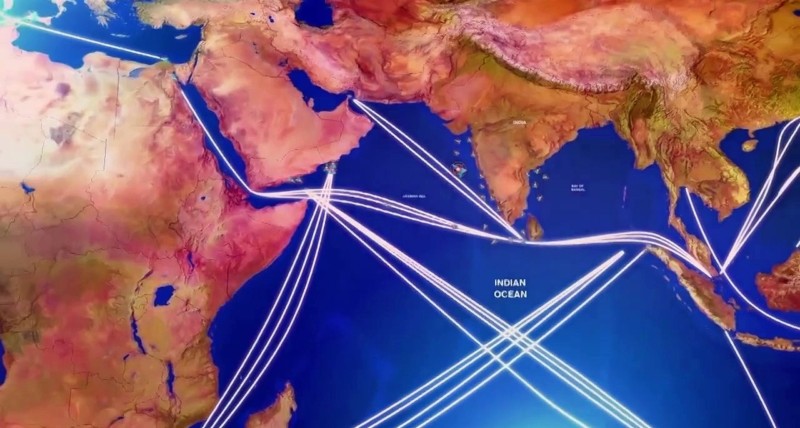(Agence Ecofin) – As overfishing depletes fish stocks in coastal fisheries, the report highlights that aquaculture has the potential to meet future demand if governments mobilize more investments in infrastructure, technology, and support for small producers.

African aquaculture production has increased 5.6 times since 2000, largely due to the strong demand for products from this sector in a context marked by rapid urbanization, explosive population growth, and changing dietary habits. This is according to a report published on Monday, February 3, 2025, by the Malabo Montpellier Panel, a group of international experts specializing in agriculture that works to accelerate progress towards food security in Africa.
Titled « Fish-friendly: Policy innovations for sustainable fisheries and aquaculture in Africa, » the report notes that Africa’s aquaculture production volume rose from 0.45 million tons in 2000 to 2.51 million tons in 2022, representing the fastest growth rate globally.

Egypt accounts for 62% of aquaculture production on the continent, far ahead of Nigeria (10%). The sector also generates a significant number of jobs, employing around 650,000 people in 2022 compared to 240,000 in 2000.
The fishing and aquaculture sector contributes to Africa’s economic development, as the continent remains a net exporter of wild fish and aquaculture products. Exports totaled $8.5 billion in 2022, up from $2.7 billion in 2000.
Aquatic food products, including fish, are increasingly prominent in African diets, accounting for nearly 20% of the total animal protein supply. In 2021, the average fish consumption per capita in Africa was 9.4 kg/year, up from 7.6 kg/year in 2000.

The rapid increase in demand for these products is driven primarily by strong population growth, rising incomes, urbanization, and consumers’ growing preference for fish, seen as healthier and more nutritious compared to other meats.
A Deficit of 11 Million Tons Annually by 2030
While current demand already far exceeds supply, requiring massive fish imports, the report highlights that policies to develop aquaculture and significant investments in this sector are necessary to address a projected deficit of 11 million tons per year of fish and aquatic food products by 2030, making aquaculture a powerful engine for economic growth.

To maintain current levels of fish consumption per capita, Africa would need a 74% increase in its production of fish and aquatic products by 2050.
The Malabo Montpellier Panel believes that aquaculture has the potential to meet future demand and has identified four major areas to guide policy actions by African governments and their development partners in optimizing the sector’s performance.
First, investments in infrastructure and technology are crucial. Priority investments should focus on hatcheries, conservation and processing infrastructure that utilizes renewable energy, as well as innovative technologies supporting nutritional, economic, and ecological goals such as integrated multi-trophic aquaculture (e.g., rice-fish farming).
Attention should also be given to strengthening support for small-scale aquaculture through the design of financial products and mobile applications tailored to small producers’ needs, as well as launching technical training and development programs to ensure equitable market access.
Governments would also benefit from supporting innovation and increasing research funding by setting up innovation hubs and mentoring programs, allocating more resources to sustainability research, and offering incentives to research institutes.
Last but not least, there should be an increased focus on strengthening cooperation and facilitating regional exchanges. To create more efficient and sustainable fishing and aquaculture systems, it is important to harmonize national, continental, and international fishing regulations, establish common certification and labeling systems, and optimize customs procedures.
Source: agenceecofin


